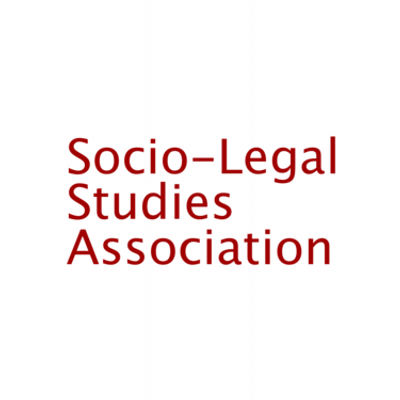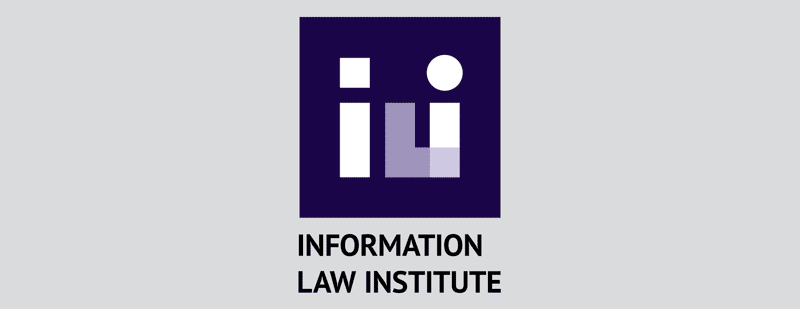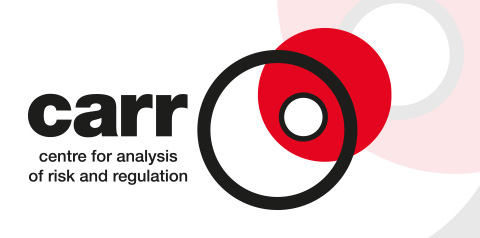Links to other Institutions
The Centre maintains links with a number of professional associations concerned with socio-legal scholarship. Details of some of these organisations are set out below.
The Foundation for Law Justice and Society was founded in Oxford in 2005, and is based at Wolfson College. The Foundation is dedicated to bridging the gap between academic research and professional and practical activities.
The Foundation has three main objectives:
- to study and reflect on the role of law in international, regional, and national affairs
- to identify issues of contemporary interest and importance for detailed study
- to help in making the work of researchers and scholars more accessible to practitioners and in showing how it can be of relevance and importance in understanding practical issues.

The Socio-Legal Studies Association (SLSA) is a forum for socio-legal scholars in the UK and elsewhere to come together and share interests and exchange ideas. It does this in a number of ways, including its annual conference, the maintenance of an email network for members, the publication of a newsletter, the hosting of conferences and workshops on particular topics, and the support of postgraduate research through a postgraduate student conference.
The Law and Society Association (LSA), founded in 1964, is a group of scholars from many fields and countries, interested in the place of law in social, political, economic and cultural life. Members bring training in law, sociology, political science, psychology, anthropology, economics, and history as well as in other related areas to the study of sociolegal phenomena. Among its activities, the Association publishes the Law & Society Review, sponsors annual conferences and educational workshops, and fosters the development of academic programmes in law and society around the world. For students and new scholars, the Association encourages participation in its workshops and mentorship program.
Founded in 1962, the International Sociological Association's Research Committee on Sociology of Law (RCSL) has remained the only international organisation in the field of socio-legal research. It was originally one of the fifty or more Research Committees which emerged out of the International Sociological Association (ISA). However, because of its interdisciplinary approach and subject-matter, the RCSL has never been confined to sociologists alone, but has also attracted a considerable following among legal scholars. Since 1989, the RCSL has also played an important role in the organisation of the International Institute for the Sociology of Law in Oñati.

Reprieve is a UK charity protecting the human rights of people facing the death penalty. Reprieve's Advocacy Programme places trained human rights workers in the field either as interns or as fellows, to conduct projects or take up positions for three months to two years. The Casework Programme provides legal and investigative assistance on the cases of individual capital defendants. The Outreach Programme engages in human rights education focused on the death penalty through publications, conferences, public events and a website. Through these programmes, Reprieve engages in high impact, frontline advocacy on behalf of people facing the death penalty. Reprieve co-hosted a conference with the Centre for Socio-Legal Studies which focused on facilitating a greater understanding of the Muslim faith and the issues involved with the detention and representation of Muslims held in Guantánamo Bay. The speakers included experts in Islamic law and culture and participants included the US military lawyers tasked with defending some of the detainees at the military commissions in Guantánamo Bay.
The Global Class Actions Exchange is an outgrowth of an international conference on the worldwide spread of class actions, group proceedings and other forms of collective litigation that was held in Oxford in December 2007. The conference was co-sponsored by Stanford Law School and the Oxford Centre for Socio-Legal Studies and funded by the American Academy of Political and Social Sciences and Stanford Law School, with additional support from individuals, law firms and the business sector in the US and Europe.
The Center for Global Communication Studies (CGCS) is a leader in international education and training in comparative media law and policy. It affords students, academics, lawyers, regulators, civil society representatives and others the opportunity to evaluate and discuss comparative, global and international communications issues. Working with the Annenberg School, the University of Pennsylvania, and research centers, scholars and practitioners from around the world, CGCS provides research opportunities for graduate students; organizes conferences and trainings; and provides consulting and advisory assistance to academic centers, governments, and NGOs.
The Centre for Media, Data and Society (CMCS) is a research center of the Central European University in Budapest dedicated to advancing media and communication scholarship and policy throughout the region and beyond. The CMCS produces scholarly and practice-oriented research addressing academic, policy and civil society needs. CMCS research and activities address media and communication policy and the democratic potential of the media, civil society and participation, fundamental communication and informational rights, and the complexities of media and communication in transition.

The Information Law Institute is an academic center for the study of law, policy, and social norms defining and affecting the flow of information in a digitally networked society. Its mission is to encourage and disseminate thoughtful research and commentary, welcoming the participation of faculty, students, and other researchers across the disciplinary spectrum.
The European University Institute (EUI) was set up in 1972 by the six founding Member States of the European Communities to provide advanced academic training to doctoral researchers and to promote research at the highest level. It opened its doors to the first researchers in 1976. It carries out research in a European perspective in Economics, Law, History and Civilization, and the Political and Social Sciences.

The Centre for Analysis of Risk and Regulation (CARR) is an interdisciplinary research centre whose core intellectual work focuses on the organisational and institutional settings for risk management and regulatory practices.
The International Institute for the Sociology of Law was established in Oñati, Gipuzkoa, Spain in 1988. From the outset, the Institute created academic links and collaborative relations with various European and non-European universities by providing facilities for seminars, workshops, visiting scholars and library research. The Institute has as a result grown into an important base for the global network of scholars who work on law and social science issues.
Discover Criminal Justice was developed by experts in the field, including former LAPD Lieutenant Raymond Foster and counter-terrorism expert Adam Lankford. They have created the most complete database of accredited criminal justice programs - featuring over 5,000 programs - and published articles and interviews with criminal justice experts, including Mark Pryor, a prosecutor in Austin, TX.
